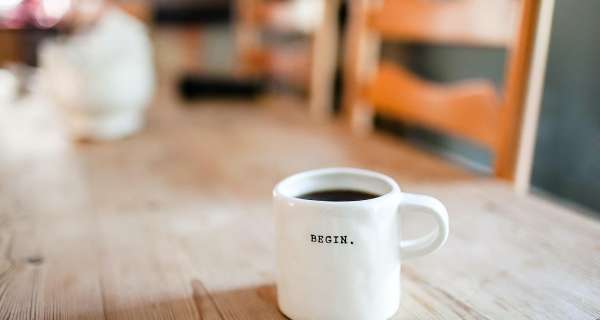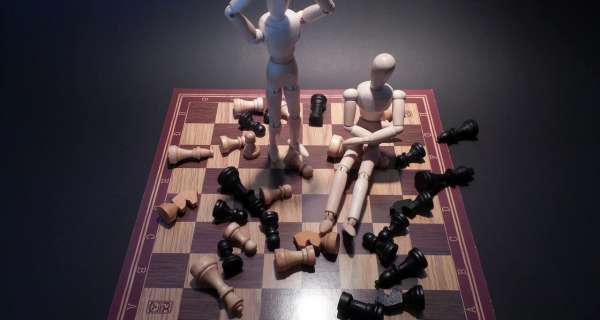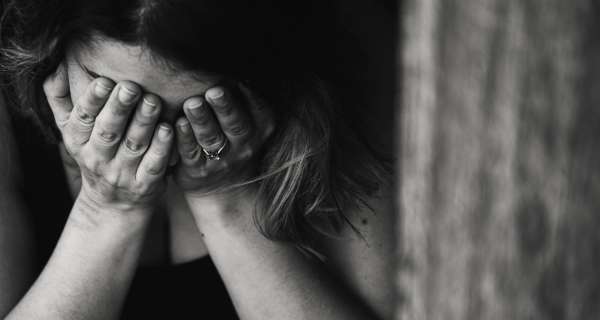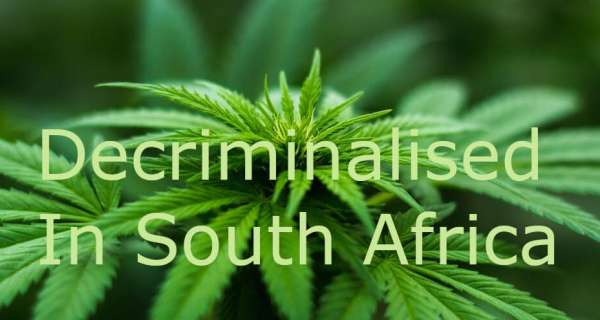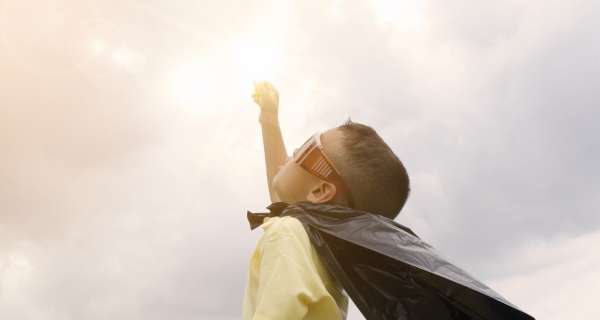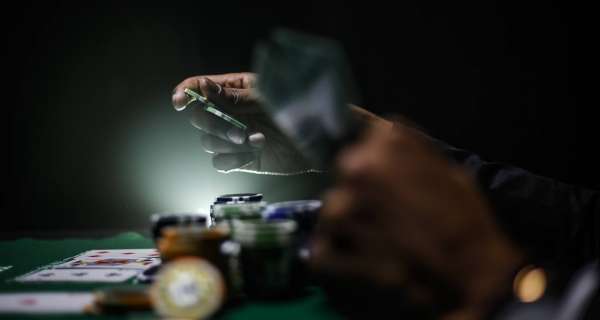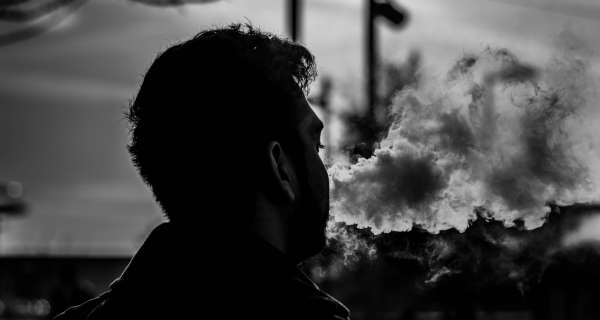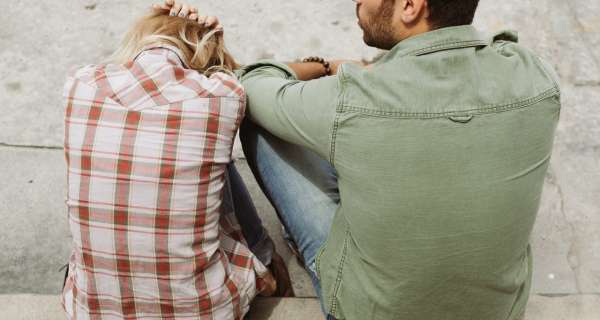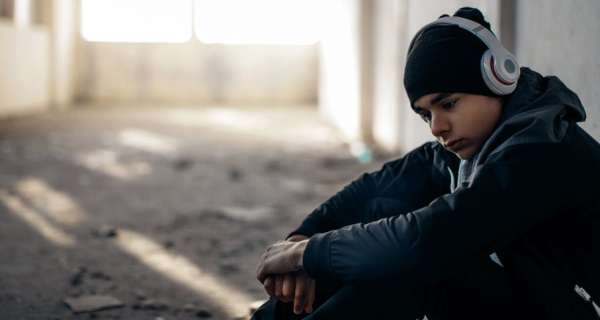Personal Use Cannabis Decriminalised in South Africa
As of 18 September 2018, cannabis has been ruled legal to consume and cultivate by the Constitutional Court of South Africa.
Cannabis can now be used at home even though the amount has not been specified and that police do need to consider circumstances and make reasonable judgements between personal use and distribution.
In the ruling, the court approved of medical studies which indicated that alcohol caused more damage than cannabis. The implications of this law being passed means that dealing is illegal and smoking publicly is not allowed. However, individuals are free to grow and consume cannabis in their personal capacity.
For many cannabis advocates, the news came as a positive breakthrough after a battle long fought. Many individuals use cannabis for a broad range of medical reasons. It has been proven effective in the treatment of chronic pain, assists with muscle spasms and is said to supposedly improve lung capacity rather than damage it. It could be helpful in the treatment of glaucoma and in controlling seizures and at low doses it is said to reduce anxiety. Cannabis is also said to slow down the progression of Alzheimer’s disease and lessen the pain of multiple sclerosis.
Cannabis can provide relief for sufferers of Arthritis, assist with inflammatory bowel diseases and ease the tremors of those suffering from Parkinson’s.Cannabis is also said to increase creativity and assist with PTSD treatment.
The decriminalisation of cannabis is a positive outcome for many people, particularly people who have used it for medicinal and health purposes and fought traumatic battles with incarceration and the law.
An Excerpt From The Daily Maverick on the Cannabis Ruling Today
The court saga started when Prince and others took their case to the Western Cape High Court to argued that the criminalisation of marijuana use and its possession was a violation of the right to equality, dignity and freedom of religion.
And because of this, certain sections of the Drugs Act and Medicines Act were declared constitutionally invalid.
According to Section 4(b) of the Drugs Act, the use or possession of any dangerous dependence-producing substance such as cannabis or any undesirable dependence-producing substance is prohibited unless listed within the provision.
Furthermore, Section 22A(9)(a)(i) of the Medicines Act prohibits the acquisition, use, possession, manufacture or supply of cannabis, and section 22A(10) of the same act prohibits it’s sale for other than for medicinal purposes.
The High Court had declared this to be inconsistent with the right to privacy enshrined in Section 14 of the Constitution, “only to the extent that they prohibit the use, possession, purchase or cultivation of cannabis by an adult person in a private dwelling for his or her consumption”.
However for Prince and others, they maintained that High Court judgment still infringed other rights in the Constitution such as the right to equality as it only covered the the use of cannabis at a private dwelling.
The High Court’s order of constitutional invalidity was then referred to the Constitutional Court for confirmation as required by the Constitution that the ConCourt is the highest court of appeal.
Treating Cannabis Addiction
As with many substances there is always risks that some people may use cannabis to the point where it becomes detrimental to health and wellbeing.
Physiological and psychological dependence to cannabis is a very real prospect in many cases of excessive use. To better understand cannabis addiction, have a look at our guide to cannabis here and or reach out to our team about treating cannabis addiction.
